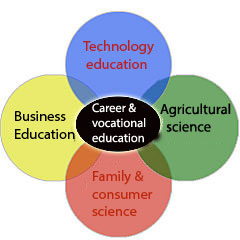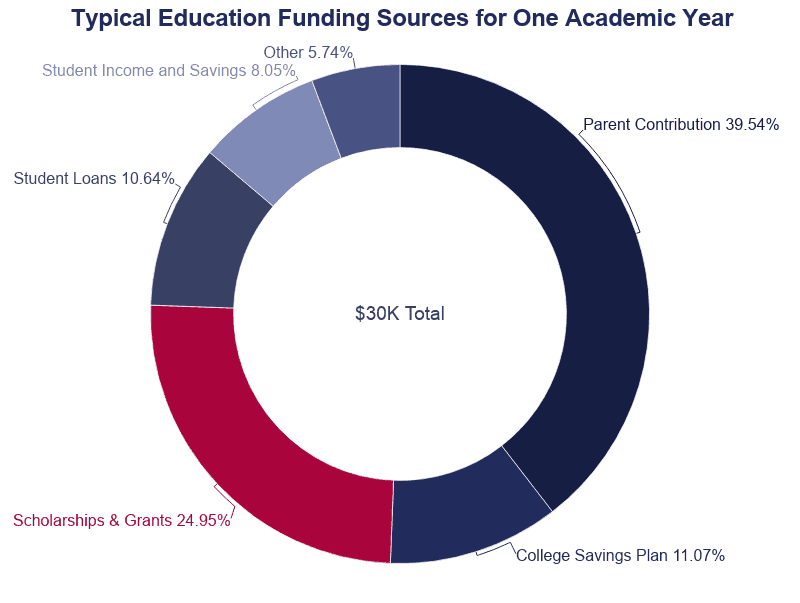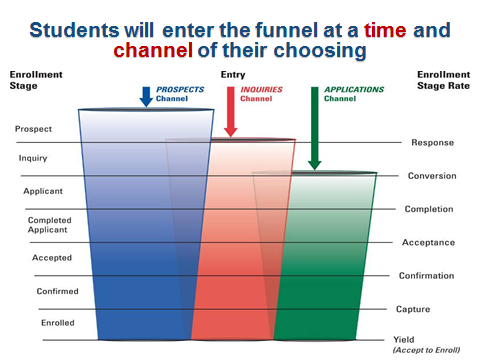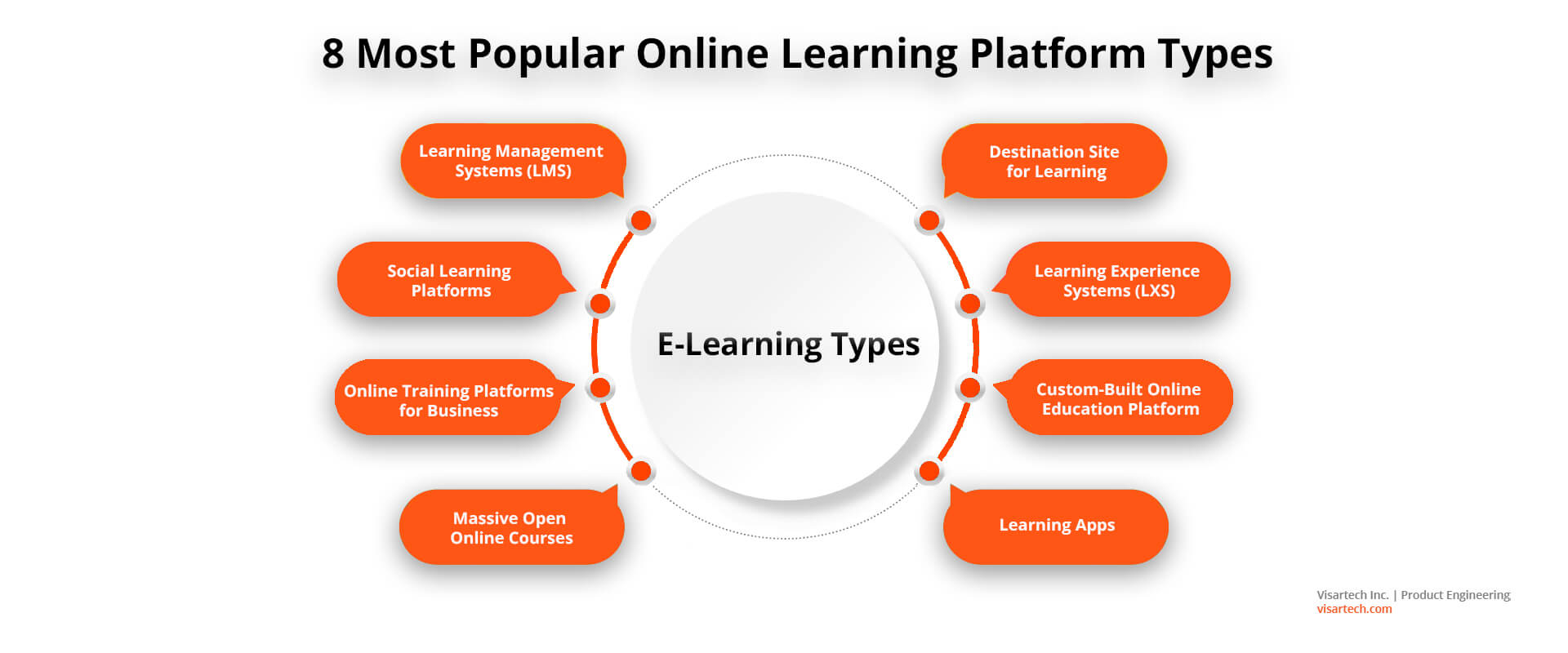Unlocking the Potential of Vocational and Technical Education
In today’s rapidly evolving world, traditional education paths are no longer the only route to success. Vocational and technical education, often overlooked and undervalued, holds immense potential for individuals looking to gain practical skills and secure well-paying careers. In this blog post, we will explore the benefits of vocational and technical education, discuss its impact on job prospects, and provide tips on how to make the most of these educational opportunities.
1. What is vocational and technical education?
Vocational and technical education focuses on providing practical skills and knowledge required for specific industries or professions. It offers hands-on learning experiences that prepare individuals for a wide range of careers, such as automotive technicians, electricians, healthcare workers, computer programmers, and more. These programs often have a shorter duration compared to traditional four-year degrees, allowing students to enter the workforce more quickly.
2. Job prospects and earning potential
Contrary to common misconceptions, vocational and technical education can lead to highly rewarding job opportunities. Many industries are facing a shortage of skilled workers, and employers are actively seeking individuals with vocational training. These occupations often offer competitive salaries and better job security. A skilled tradesperson or technician can earn a respectable income and even launch their own businesses or consultancy firms.
3. Practical skills development
One of the main advantages of vocational and technical education is the emphasis on practical skills development. These programs provide hands-on training in specialized fields, enabling students to gain valuable experience and mastery of their craft. Whether it’s operating machinery, troubleshooting electrical circuits, or performing medical procedures, vocational education instills the confidence and competence necessary for success in a specific field.
4. Flexibility and adaptability
In a rapidly changing job market, adaptability is key. Vocational and technical education equips individuals with the agility to evolve with industries’ needs. These programs often include practical internships or cooperative education experiences, allowing students to apply their skills in real-world settings. By gaining direct exposure to industry practices, students can stay abreast of technological advancements and adapt their skills accordingly, ensuring long-term employability.
5. Tips for maximizing value from vocational education
To fully unlock the potential of vocational education, consider the following tips:
– Research in-demand industries and choose a program aligned with your interests and passion.
– Take advantage of internships and practical experiences offered during your program.
– Network and build connections with industry professionals, attending trade shows, conferences, and job fairs.
– Continuously update your skills by pursuing certifications, attending workshops, and leveraging online learning platforms.
– Consider apprenticeships or on-the-job training opportunities to gain hands-on experience while studying.
In conclusion, vocational and technical education offers a viable and valuable pathway to success in today’s job market. By acquiring practical skills and staying adaptable, individuals can secure rewarding careers in high-demand fields. Embrace the potential of vocational education, and unlock a world of opportunities for personal and professional growth.
(fake website for illustration purposes only: www.example.com)











